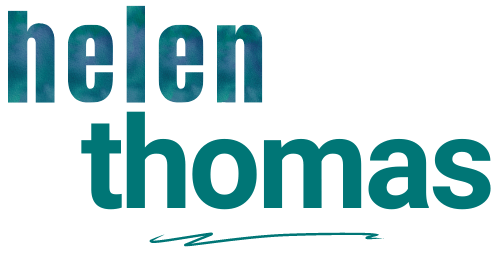When I finally designed the work-life I wanted (after many years trying to figure it out)… I realised having flexibility to manage my time and freedom to work from wherever I was, were of primary importance to me. So, I designed my career with this in mind.
As a result, one of the first, and most important, exercises I work through with new clients, is a “values” exercise. Your values inform and guide your life. When things don’t feel great about your work (or life) it’s often because you’re not satisfying something you really want.
So, for me, if one of the things that’s most important is to set my own agenda, work as much as I want, when and where I want… an office bound job with strict weekday hours was just never going to work. No amount of effort, towing the party line, or being a team player was going to fix this fundamental missing element.
It took me a very long time to work this out… but you can understand how once I knew this vital piece of information, I couldn’t unsee it!
Designing a career you love starts with knowing what you value most
This sounds simple, right? I mean… doesn’t everyone know what they value. Well… sort of. We all value many different things. Over our lives we collect a whole range of different values and beliefs. And you’ve probably got some idea about what these are for you.
But the important differentiator here is understanding exactly what it is you value most.
Here’s an example… work is an exchange of your time for money, so you value money in some way. But, let me ask you this… for you is money more important than, let’s say… Your health? Your family’s welfare? Your ability to support others? Your reputation? Freedom? Love? Or creative expression? I could go on and on… the list is quite literally endless.
The point is, if anything else is more important to you than money… then money is not your most important value. And, if there’s more than 2 or 3 things you value more than money, but you make all your decisions based on money, guess what happens… yep, disappointment, dissatisfaction, frustration etc etc.
So… if you can’t rattle off your top 5 most important values right now, it’s time for you to make yourself a cuppa and sit down to do a values review. There are lots of different ways to do this… Google “values exercise” or “core values” and you’re on your way.
Identifying your priority values is the first step but then how do you even begin to find the career, organisation or role that meets those values?
How to know if an employer aligns with your values?
1. RESEARCH, RESEARCH, RESEARCH
If it’s worth stating once, it’s worth stating 3 times… nothing beats a little research. These days many organisations, large or small, either specifically state or drop some pretty big clues about their company values on their website, in their promotional materials, and in the language they use. This is always going to be one of the best places to start.
2. ASK VALUES-BASED QUESTIONS
Do this informally by speaking with contacts in your direct or extended network who are in, or have experience of, the field or organisation you’re interested in. Ask questions about collaboration, employee empowerment and accountability, feedback loops, customer focus, and anything else that could shine a light on company culture and values. If you’re in a formal interview setting, this LinkedIn post provides great questions to arm yourself with to uncover what lies beneath the surface.
3. BE ALERT FOR RED FLAGS
Listen out for responses that sound like they’re straight out of an approved talking points brief… they probably are. The less rehearsed and more heartfelt a response, the more likely it is to be a genuine reflection of how someone feels about an organisation. Be alert to signs of inflexibility or anything that might seem contradictory either to their public image or an advertised position’s details. And check your “spidey” senses… if something doesn’t feel quite right beforehand, it’s very unlikely it’ll improve once you’re in an organisation.
4. INSIGHTS VS OPINIONS
Opinions are never in short supply, everyone has them! So, it’s worth remembering one person’s opinion should not be assessed standalone. They may love where they work, but it might not make it the right option for you… and vice versa. Instead, through your research and conversations, look for trends and themes. And where possible, try to seek thoughts and opinions from those you respect and whose values may be similar or aligned with your own.
5. CULTURE VS VALUES
Sometimes these two things can be difficult to distinguish from each other. Culture is the environment of a workplace that sets the tone for how employees and customers are supported, motivated, and included. Values are the things that underpin decision making, actions and behaviours. An organisation might claim a progressive culture, but their values determine the expectations they set or sacrifices they’ll make in pursuit of this.
Once you identify, prioritise, and articulate what’s most important to you for your work and life, finding a career or role that utilises your expertise AND aligns with your values can seem like a lottery. But it’s absolutely possible to find the right role and the right place for you. If you’re struggling to identify and articulate your personal and professional values, I’d love to help you work it out.

